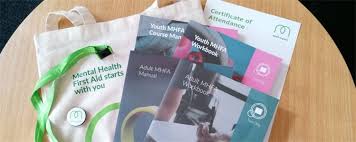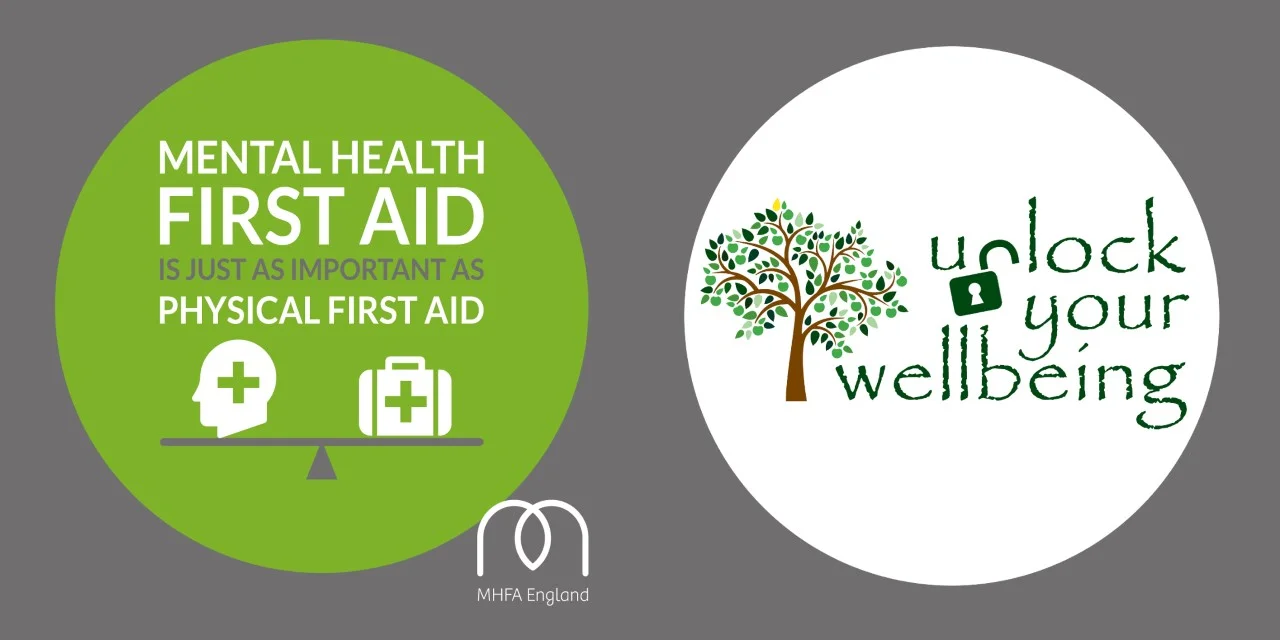Turning a house into a home isn’t an exact science. There isn’t a formula that gives you that feeling of contentment and comfort that only being at home gives you. However, what we do know is that a home is somewhere that you feel safe, surrounded by things that are important to you, where you are comfortable amongst the people that you love and where you can recharge your batteries to face the challenges of the next day.
The idea of being at home and feeling at home is important for everyone, and this is shown by the benefits of keeping elderly or sick people at home for as long as possible. According to Helping Hands – long-term care-givers, your home is somewhere that “you or your loved one will be surrounded by their own comforts, their own bed, their favourite mug, the neighbours they’ve known for years. This especially helps with progressive conditions that affect the memory such as dementia.”
If you have a family living in a home which crosses generations – maybe you have young children, teenagers or elderly people in your house, there are some practical challenges which need to be met – to both reduce the possibility of them coming to any harm, as well as give you peace of mind – and, of course, make everybody feel like they’re at home…
1. Falls
Falling over is a common problem for both the elderly and young children. For many children falling over might result in a grazed knee or a bruised elbow, but for some, it can result in something worse. Falling over can be even more dangerous for older people especially if they have weaker bones or would struggle to get up.
If you have an elderly family member with eyesight problems, or maybe a teenager who is a little on the clumsy side, it is important to try to reduce the chance of falling over to happen. You should think about ensuring that spills are cleared up quickly and thoroughly, trying to keep plug cables and toys tidied away, ensure that stairs are kept clear, that you have a handrail on your stairs, use non-slip mats in the shower or bath – and grab bars in the toilet if you feel it necessary.
You should also think about fitting a stairgate if you have young children around – stairs can be very tempting but dangerous if they take a long tumble.
2. Accessibility
One of the most important reasons why older people like to stay at home and younger people like to be at home is because they have the freedom to be independent and flexibility to be able to do what they want when they want. This means that things should be easily accessible to as many people as possible, comfortable and safe, and with only a few circumstances when additional help is needed.
It is important that, in your own home, for example, you can get to food or the toilet easily, adjust the heating, wash as easily as possible or be able to get things that are important to you. For some this might mean having food cupboards at a suitable level, widening doors if you are in a wheelchair or using smart thermostats or intercoms if people have mobility issues.
You should also be aware of what is and what isn’t reachable by little people. You might want to keep the storage of dangerous or breakable things out of the reach of children – or behind a child safety lock, and heavy items stored in a cupboard that is accessible and less likely to fall on top of you.
3. Labelling
Curious children can find the alure of unknown substances too tempting not to drink or eat, so make sure that any harmful substances are kept out of their reach. Make sure that you label them properly so that there’s no mistaking a harmful substance for an unharmful one.
Elderly people who are confused or maybe have problems with their eyesight are also at risk of accidentally consuming a poisonous substance or the wrong medication, so make sure that everything is labelled clearly.
Turning a house from four brick walls into a home is about making it somewhere that everyone is comfortable and safe, regardless of their needs and individual requirements. By employing some of these small changes you can ensure that everybody feels good in the home, won’t come to any harm, and can relax, giving everyone a good quality of life.


















